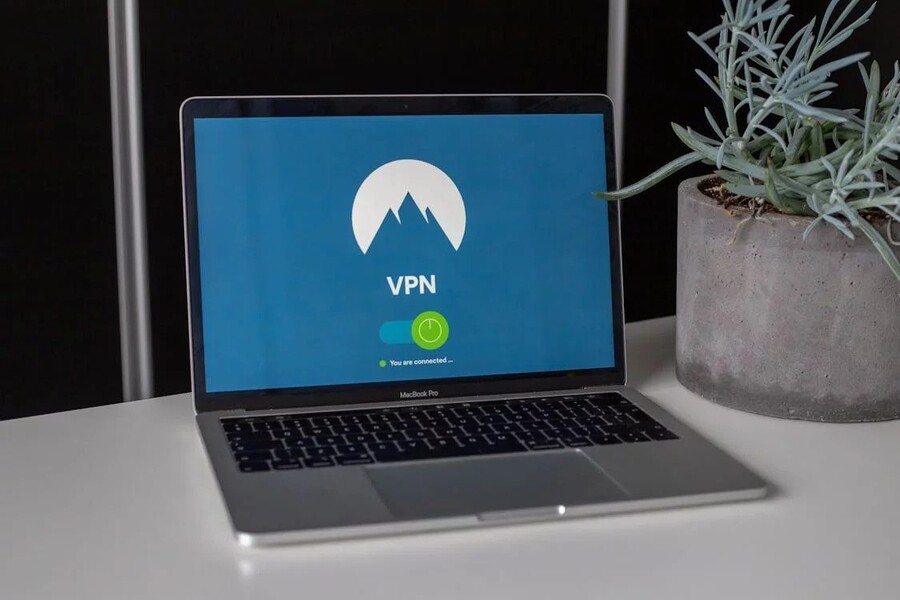With quantum computing on the horizon, industries worldwide are eager to adopt technologies that fortify their cybersecurity. NordVPN, a leading virtual private network provider, has taken a major leap by introducing post-quantum encryption support to its Linux app. This strategic update sets the stage for next-generation security, positioning NordVPN ahead of future quantum-based cyber risks. By initiating post-quantum encryption, NordVPN joins a small number of VPN providers, including ExpressVPN, in adopting this advanced technology to safeguard user data in a changing digital landscape.
Quantum computing is expected to be a transformative technology, with potential applications across diverse fields like medical research, artificial intelligence, and cybersecurity. However, its unparalleled processing power also brings unprecedented risks, particularly to the encryption methods that currently secure our data. Unlike classical computers, quantum systems could one day crack these conventional encryption algorithms in seconds, posing an immediate challenge to sensitive data, which often requires long-term protection.
For VPN providers like NordVPN, the rapid advancement of quantum technology has underscored the need to proactively protect their users. NordVPN’s Chief Technology Officer, Marijus Briedis, emphasizes this urgency, noting that the rollout of post-quantum encryption represents “a significant transition to next-gen encryption, ensuring long-term security for our users.”
To achieve post-quantum encryption, NordVPN leverages the ML-KEM algorithm, also known as CRYSTALS-Kyber. This encryption method is a cryptographic standard approved by the National Institute of Standards and Technology (NIST) for its ability to resist decryption by quantum computers. NordVPN has integrated this standard into its proprietary NordLynx protocol, which is built on the WireGuard framework.
The process begins with a standard VPN session via WireGuard and then seamlessly transitions to a post-quantum key exchange using the ML-KEM algorithm. This hybrid encryption model merges traditional cryptography with quantum-resistant encryption, creating a powerful two-step approach that defends against both current and future cyber threats. This extra layer of security is particularly crucial as the capabilities of quantum computing continue to advance.
Despite the fact that fully functional quantum computers may still be years away, the risk of “harvest now, decrypt later” attacks has already prompted action among cybersecurity experts. This tactic, used by cybercriminals, involves collecting encrypted data today with the intention of decrypting it in the future once quantum technology becomes accessible. For anyone dealing with sensitive data—whether in personal, corporate, or governmental contexts—this poses a serious risk.
NordVPN’s proactive deployment of post-quantum encryption reflects an understanding of this emerging threat. While the technology remains in its developmental phase, the company’s decision to begin with Linux users gives it a head start in providing enhanced security measures well before quantum computers enter the mainstream.
The rollout of NordVPN’s post-quantum encryption begins with its Linux platform, a thoughtful approach that minimizes disruption to users. This gradual implementation allows NordVPN to carefully monitor performance metrics, such as connection times and speeds, which are crucial in maintaining a high-quality user experience.
Briedis explains that the incremental introduction of post-quantum encryption is essential to manage the resource-intensive nature of the process: “The technical challenges involved in post-quantum cryptography support mean we must ensure the highest level of user experience, including optimal connection speeds.” NordVPN’s phased approach not only addresses these technical complexities but also gathers vital data that will inform future deployments on other platforms, helping to ensure a seamless transition as more users gain access to quantum-resistant encryption.
Quantum-resistant encryption, while promising, poses unique challenges for VPN providers. These advanced security protocols require significantly larger key sizes and digital signatures than traditional encryption methods, leading to increased computational demands. This added overhead can affect connection speeds, especially in environments with high data throughput.
However, as NordVPN’s CTO notes, the goal is to achieve “crypto-agility”—the ability to quickly adapt encryption protocols as the threat landscape evolves. By adopting these adaptable cryptographic standards, NordVPN not only provides its users with advanced protection but also sets an industry precedent for the early adoption of quantum-resistant technologies. This commitment to maintaining user experience and security without compromise is central to the company’s long-term strategy.
NordVPN’s foray into post-quantum encryption is a bold move that places it among a handful of consumer VPN providers pioneering this technology. The company’s proactive approach to quantum security signals its dedication to future-proofing data protection, and as Briedis explains, “We’re starting a major transition to next-gen encryption, securing our users long-term.”
With post-quantum encryption still in its early stages, NordVPN’s decision to expand gradually across platforms underscores the importance of thorough testing and performance optimization. As more devices and systems are integrated with quantum-resistant protocols, NordVPN is poised to lead the industry, establishing a standard of crypto-agility that will benefit users in the quantum age.

